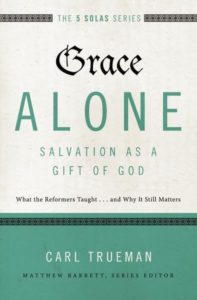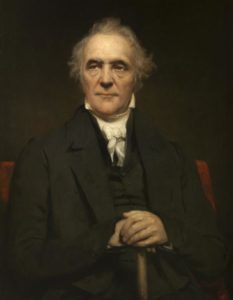Paul was the apostle of Spirit-inspired repetition. He told the Philippians, “Finally, my brothers, rejoice in the Lord. To write the same things to you is no trouble to me and is safe for you.” Every pastor needs a regular dose of Jesus Christ. He needs repetitive fillings from God’s Spirit to preach with power.
We need to remember the same old things so that we may revel in the same old gospel every Lord’s Day.
Sometimes what we need is a simple, stirring reminder about proper preaching.
Statements to Stir You for Sunday
 I imagine every pastor has a preferred routine for getting his soul ready to preach on Sunday. Some rise extra early to pray and read God’s word. Others will fast from food that they might proclaim Christ with particular hunger. Yet others will listen to chosen music to raise their affections.
I imagine every pastor has a preferred routine for getting his soul ready to preach on Sunday. Some rise extra early to pray and read God’s word. Others will fast from food that they might proclaim Christ with particular hunger. Yet others will listen to chosen music to raise their affections.
I like to do all of that—and read a good old Puritan on preaching. The resource I return to as often as any other is John Flavel.
My favorite sermon from Flavel is titled, “The Character of a Complete Evangelical Pastor Drawn By Christ” (read it free here). The work is full of wisdom that I need to remember every single week. Consider these gems from the heavenly herald:
- “Believe it, brethren, it is easier to declaim, like an orator, against a thousand sins of others, than it is to mortify one sin, like Christians, in ourselves; to be more industrious in our pulpits, than in our closets; to preach twenty sermons to our people, than one to our own hearts.”
- “A crucified style best suits the preachers of a crucified Christ.”
- “A grave and proper style become the lips of Christ’s ambassadors.”
Other stirring words from Flavel to get you ready to ascend to the sacred desk this week would be:
- “We preach and pray, and you hear; but there is no motion Christward until the Spirit of God blows upon them.”
- “The excellency of a sermon lies in the plainest discoveries and liveliest applications of Jesus Christ.”
My brother preacher, remember today the glory of true Christ-centered preaching so that you might preach His glories on Sunday.









